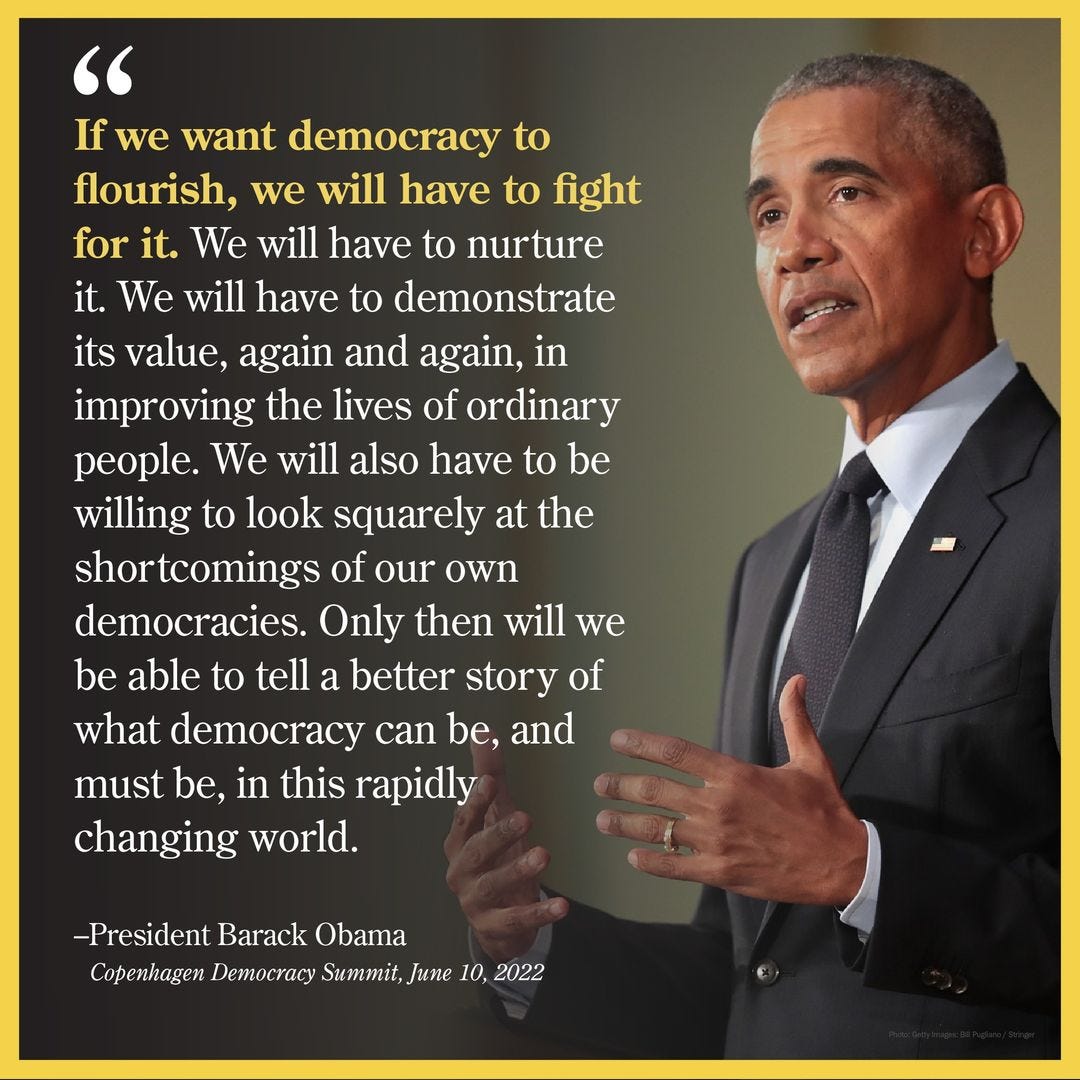American elections have become exercises in political traumatization, and a great deal of our work is devoted to de-traumatizing our politics. Having said that, Listen. Lead. Unite. wants everyone who is legally able to vote to do so, guided by the compelling reason of caring about others.
Why, though, do so many neglect this civic duty? Yes, the 2020 Presidential voter turnout was the highest in a century; did you know, however, that an estimated 82 million who could have voted didn’t? A few Florida voters I spoke with over the weekend were unaware that federal, state and local elections are next month.
Here are some steps that have worked for us; by no means is there only one “best” approach, and if you have your own effective method, please share in the comment section, which is open to all. And if you (or anyone you know) needs assistance registering, and/or finding their polling places, we’d be happy to help; this resource has registration cut-off dates for your state.
7 Steps To Increase Voter Turnout
1. Ask permission to ask a "non-personal” personal question; once consent is granted, ask if they’re registered to vote. Many won't be certain. (If they don't know, do you know how to show them if they are, via their local and/or state elections Web site?)
2. If the conversation becomes, "I don't vote because I don't know enough about what's going on/I don’t know who’s running," it's crucial to understand what these statements really mean: this person lacks a compelling reason to vote.
3. "Are you a Democrat/Republican/liberal/conservative?" are all conversation-killing questions; rather, ask: "are you a person who cares about the well-being of other people?" We've asked this question dozens of times—and, lo and behold—not a singular person ever said, "no." (Side note: our next published article will focus on why voters rarely reply, when asked what qualities are important to leadership, with: “cares about others.”
4. Now, the person with whom you’re conversing has a compelling reason to get registered and/or vote: because they care about other people; nothing about policy, or whether they read The New York Times and/or the National Review. (Listen. Lead. Unite. subscribes to both, to ensure we aren’t just exposed to what we want to hear.)
5. If you tell someone how to vote (Democrat, Republican, third-party or no party), it usually leads to a dead-end, and encroaches upon their comfort zone; we want them to be contemplative, not uncomfortable.
6. Be declaratively complimentary and encouraging: now that you have your compelling reason (you care about others) to get registered and/or vote, Mr./Mrs. Voter, I'm confident you'll be able to identify the candidates who best represent your values.
7. Whether that person registers and/or votes is out of your control; but showing that person that they actually do care about the well-being of others means you've succeeded. Talk to enough Americans, and you’ll also discover that we largely agree on what issues are important, but will sometimes disagree on the pathways to achieve results; principled—but flexible—is necessary to problem-solving.
As always, thank you for uniting with us, as we build communities of healers; and remember, America: heal thyself, by listening, leading and uniting.
Rich Logis, Founder and born-again human being
P.S. Feel free to forward this welcome email to anyone you think may benefit from it; they can subscribe here. Thank you!






